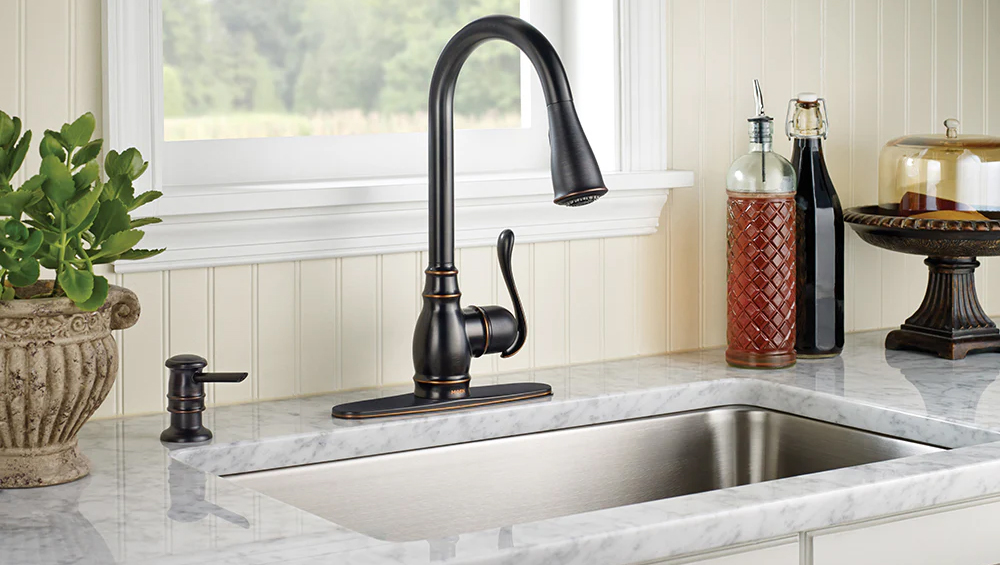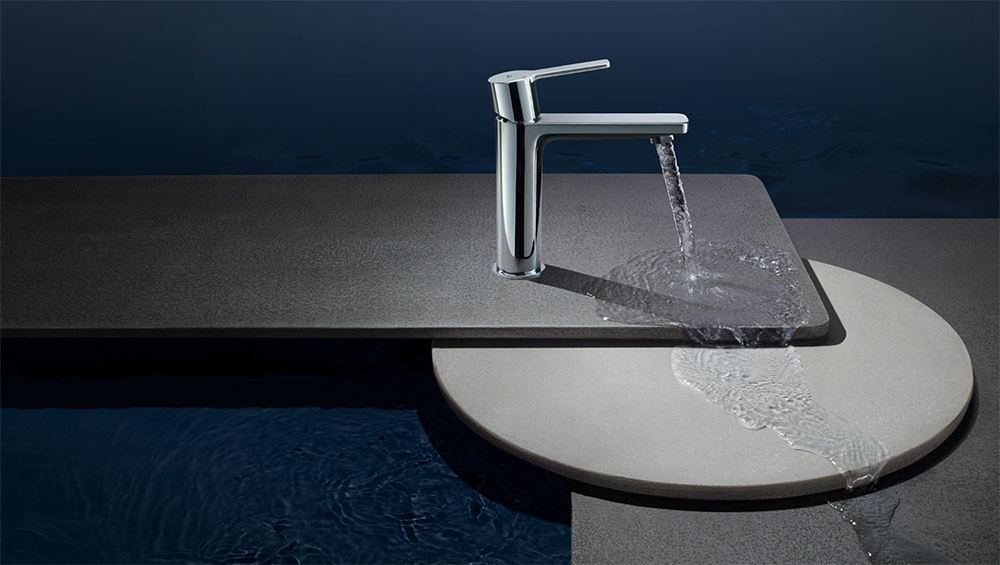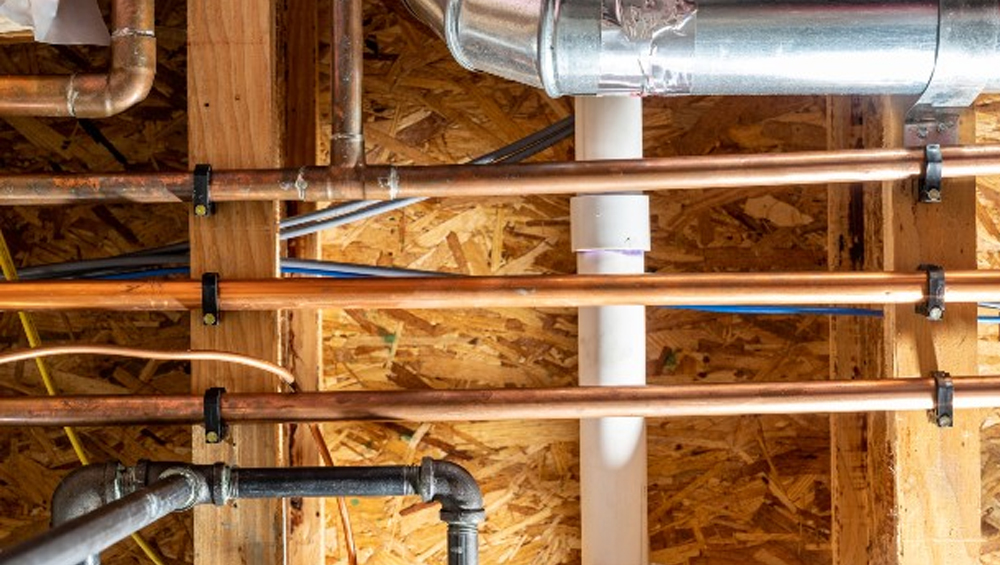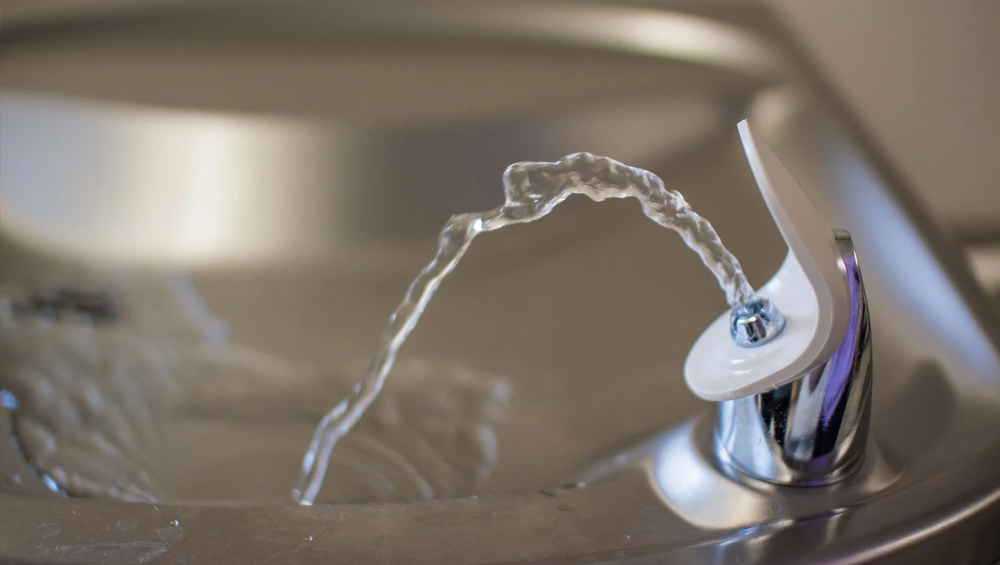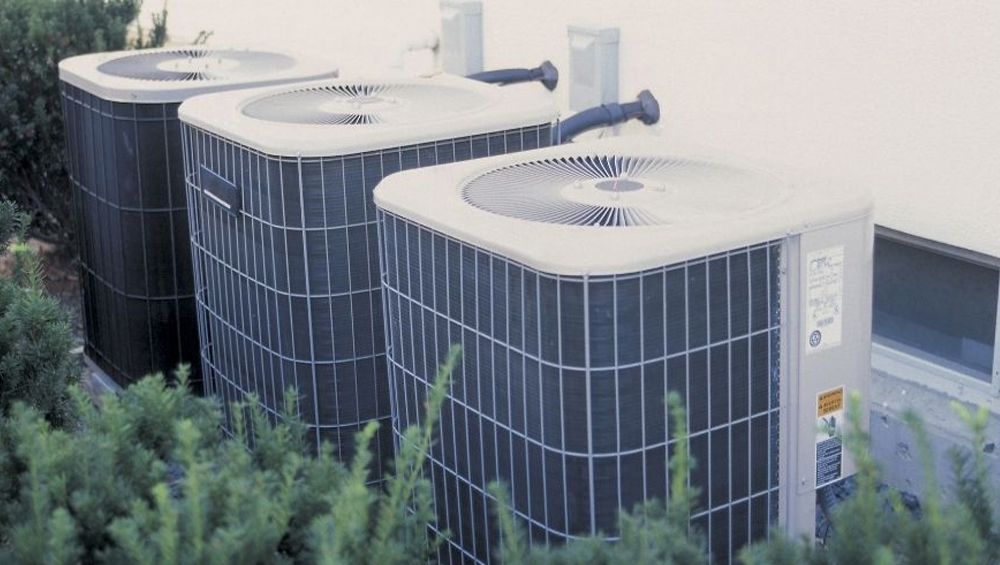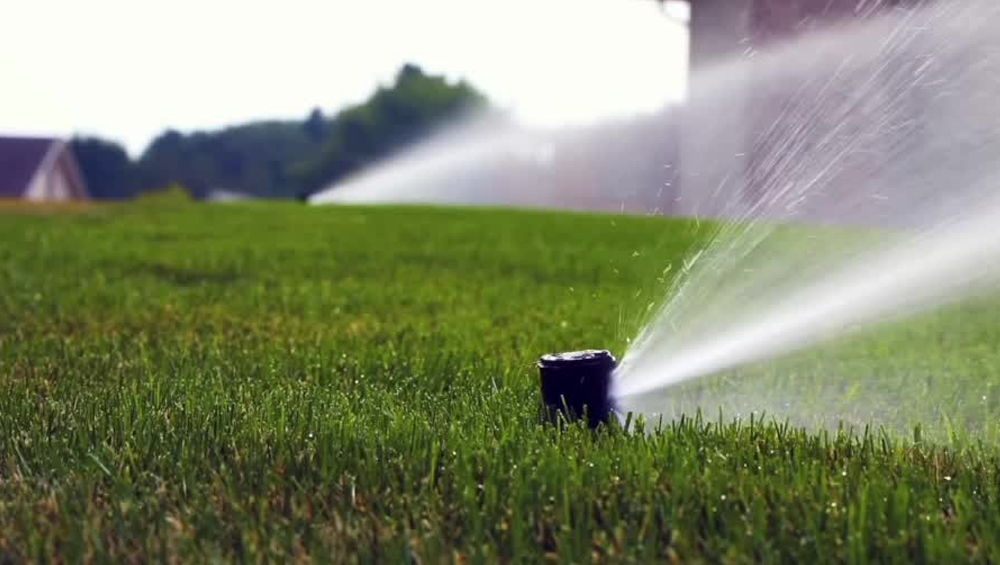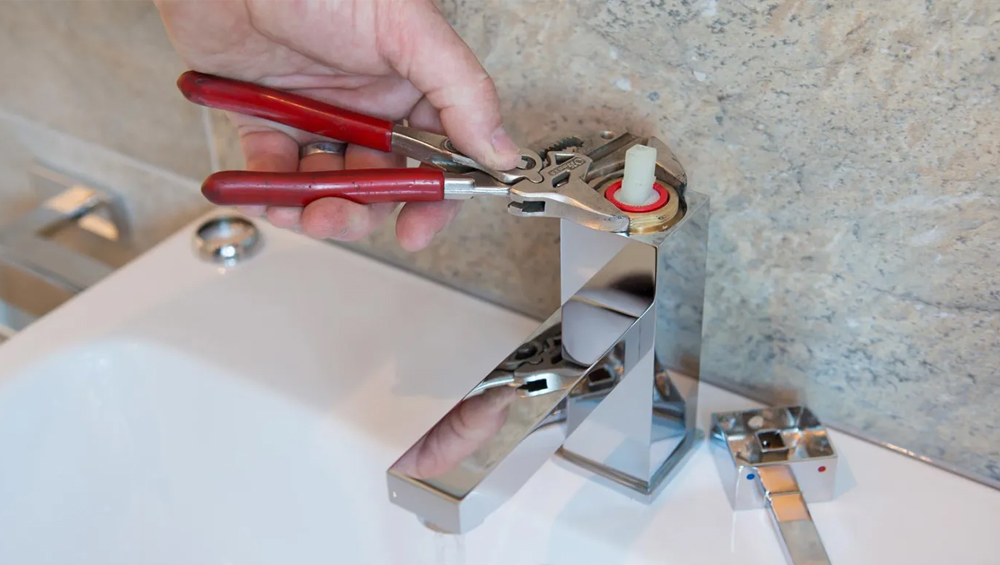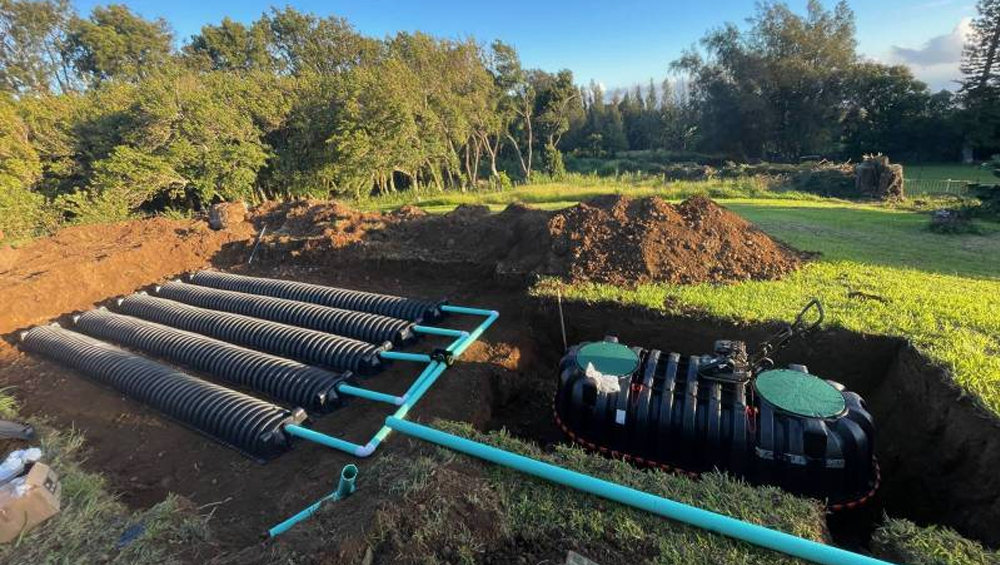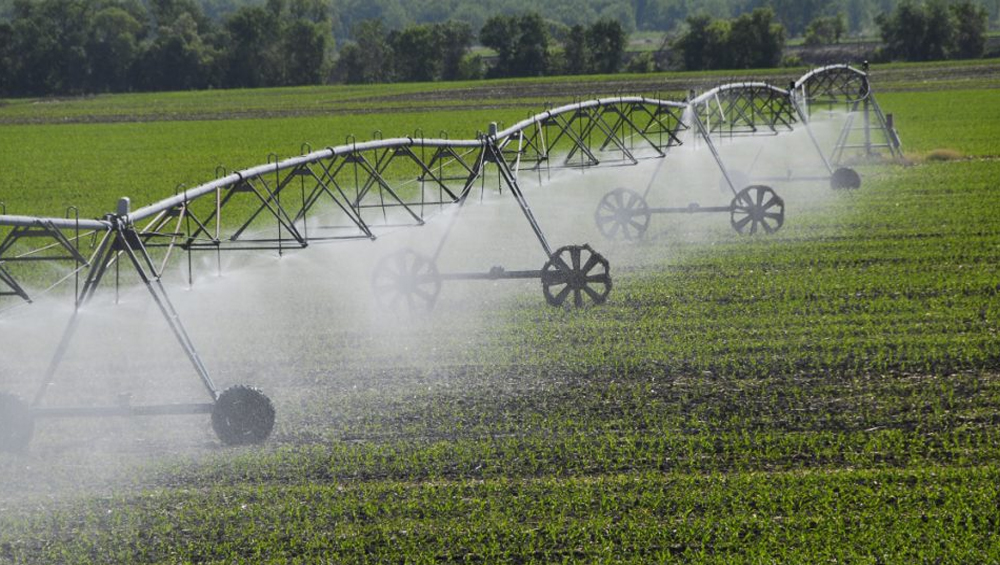About Tank Water Heaters
Many factors contribute to determining which will be the best tank water heater for your home. We have all kinds of water heaters, but this page is specifically about tank water heaters. If you are looking for tankless, we have those too. There are usually three main factors that will help you decide which water heater will be best for your application:
- Fuel type - are you looking specifically for electric, propane water heaters, or natural gas?
- Water storage - where are you going to put it, and consider that size matters, and the more water you store, the more it costs to heat. Capacity ranges from 20-80 gallons of water.
- Desired usage - the size of your home, the number of users, etc. can all be important things to consider when choosing the suitable model.
Tankless and conventional gas water heaters are both whole-house systems. This means they can adequately provide hot water simultaneously to more than one fixture and typically throughout the entire home. Point-of-use systems are individual units installed directly under the sink or in a closet. These units only provide hot water to one specific fixture.
Electric vs. Gas
Though a gas water heater typically requires a more significant up-front investment, you save in the long run. For additional savings high efficiency, gas water heaters are a customer favorite. Something else to keep in mind is whether or not the unit must be vented outdoors for safety. For increased protection, we recommend sealed combustion or power venting.
One last thing to consider concerning your gas hot water heater is whether or not you live at a high altitude. In high altitudes, there is less oxygen for the water heater to function correctly with the pilot and main burner. You will only need to worry about using a high-altitude water heater if you install the unit at an altitude level of 2,000 feet or higher. Most units are made for locations at sea level. By purchasing a high-altitude water heater, the unit's mechanism makes up for the missing oxygen in the air and still provides the proper fuel mixture to run the machine properly.
Natural Gas Water Heaters
We've grown so accustomed to modern conveniences. It's hard to remember there was a time when hot water was only available to homeowners with the use of their stove. Natural gas tank water heaters are one of today's most efficient solutions to yesterday's problem. Though a gas water heater may be a more costly upfront investment, you save in the long run with usage.
Benefits to Using Natural Gas:
Having a natural gas tank water heater can do a ton for your home as well as your wallet. Here are just a few of the ways that purchasing a natural gas water heater can benefit you.
- Less Electricity Used: Though you have to spend more on up-front costs, natural gas water heaters can save you money over the years. Best of all, gas usage is barely a problem, meaning your bills will be affected quite positively. In other words, natural gas water heaters are some of the most efficient water heaters out there and are certainly worth a try.
- Larger Output/Less Recovery Time: With this, no longer do you have to worry about your family using up all the hot water. Natural water heaters offer much larger tanks—and quicker heating times—all adding up to more hot water for your home. If you have a large family, or if you all like taking long showers, this is extremely useful.
- It's environmentally friendly!
In summary:
- Twice the output in half the recovery time of electric units
- Operates through power outages
- Extremely efficient and cost-effective
Natural gas is the way to go for most. The question then comes down to which model would best serve my household? There are several options to consider.
Choosing the Right Capacity
The first thing to do is choose the size that will best fit your needs. Water heaters are sold on the basis of how many gallons they can hold. The best way to determine the size of the equipment you need is the water heater's "first-hour rating" or "recovery rate." This is the maximum amount of hot water that can be heated and supplied in one hour, starting with a cold tank. First-hour ratings for natural gas storage water heaters range from 41 to over 131.
The tank allows for water to be stored hot and ready for use at any time. Storage tank water heaters are also known for rapid recovery and supply high water flow rates over short periods. These units require space to be stored. The insulated storage tanks are usually steel and are lined inside with glass or other material to prevent corrosion. The tanks also contain an "anode" rod composed of one or more metals, attracting corrosion away from the rest of the tank's components.
The natural gas burner produces some combustion, including water vapor and carbon dioxide. The burners are vented out through chimney or vent pipes, and a standing pilot light lights the burner. Storage tank heaters are free-standing, and their wide variety of venting configurations gives homeowners many choices for location and installation.
Propane Water Heaters
Propane-fueled tank water heaters work the same offer many of the same benefits as natural gas. When picking out a propane unit for your home, there are a few essential things to consider before you make your purchase:
- What Size of Tank Do You Need? This is a critical question to ask yourself before making your propane water heater purchase. Families with more people in their family will need a much bigger tank than a small family. Individuals might want to buy two tanks just to be covered completely in some cases. You can find graphs and calculators online, which will show you how to calculate the size of tank that you will need.
- What Is the Recovery Rate? If you are someone who is constantly using hot water, you will want to find a propane hot water heater that has a quicker recovery rate. The recovery rate is the number of gallons of water that can be heated in an hour. Someone who does a lot of dishes, cleaning, and showering will want to find a water heater with a high recovery rate.
- Will the Size You Need Fit in the Space You Have for it? This is another essential thing to keep in mind while shopping around. If you live in a small home that doesn't have much extra space for a water heater, you don't want to go out and buy the biggest one out there. Make sure you are purchasing a water heater, which will fit in the space that you have for it.
Electric Water Heaters
Electric heaters use large coils that extend horizontally into the tank and heat the water. The coils in the water heaters are very similar to the ones in an electric oven. There are either one or two coils in the tank. If there is one coil in the tank, it heats the whole tank at once. If there are two coils in one tank, it has a quick or fast recovery option available.
- What Size of Tank? - The size of the tank you want for your electric water heater depends on several factors. One of the main factors is how many people you have in your household. We recommend for 1-3 people to get a 40-gallon tank, 4-6 people 50-60 gallon tank, and 6-8 people a 60-80 gallon tank.
- First-Hour Recovery - the First-hour recovery is an important thing to consider when your electric hot water heater must serve a bigger household. First-hour recovery ratings determine how much water can be reheated in the first hour after use. The way it is calculated is by adding the water tank size to the amount of water your water heater can warm. So if your tank can hold 40 gallons and can produce 30 gallons of hot water in the first hour, then your recovery rating would 70. We recommend that if you have a large household that uses hot water in large quantities to get an electric water heater with a first-hour recovery rating of 50 or higher.
- Quick or Fast Recovery? - How the quick or fast recovery works is your water heater has two electric coils in the heater. One of the coils is located at the top of the tank, and the other is located at the bottom of the tank. There are also two thermostats located next to each of the heater coils. Those thermostats have sensors on the tank wall. Those sensors trigger the thermostat to turn on the coils when the walls get cold due to the water temperature dropping and turn it off when the walls get warmer. When the electric hot water heater is completely cold, the top coil heats the top of the tank. Once the top of the tank is heated, the bottom coil heats the bottom of the tank. The bottom coil is used to maintain the temperature of the tank. When you deplete the water tank of hot water, then the top one starts the cycle again.
Get the Best Tank Water Heaters Online
We are the plumbing leaders online. If you have any trouble finding the best water heater for your home, then contact one of our friendly, professional agents. Our staff is knowledgeable and ready, and willing to offer you help with your purchase. With great prices and excellent service, it's no wonder we are the top consumer choice. We also carry a huge selection of water heater parts.
Related resources:
Water Heater Tutorials and FAQs
How to Drain a Water Heater
How Do Water Heaters Work?
How to Replace a Thermocouple
How to Replace a Water Heater
Tank vs. Tankless



